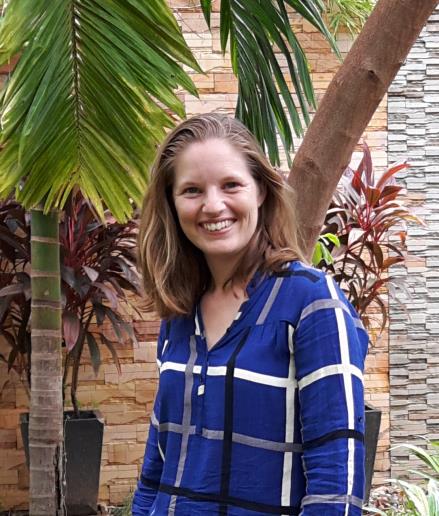Dr Georgina Lloyd Rivera
presents
‘Continuing Governance Challenges for Community Based Conservation in Cambodia‘
In recent years, Cambodia has experienced rapid rates of deforestation and privatization of land. In response to the loss of common pool resources, and to provide access to natural resources upon which many local communities depend, there has been an increased push for community based conservation. Community participatory conservation models include the designation of Community Forests, Community Fisheries and Community Protected Areas. While these sites seek to provide an avenue for sustainable natural resource management, there remain a number of challenges that need to be addressed. Through an examination of two Community Protected Areas within Phnom Kulen National Park and a Community Fishery near Prek Toal Core Area of the Tonle Sap Biosphere Reserve, it is shown that such sites are often characterised by complicated governance. Community management zones are often nested within a mosaic of protected areas with different designated governing bodies. Research into the current community use of and access to natural resources, existing community input and management infrastructure, and the interest of community members in conserving or accessing the protected areas, has revealed discrepancies between legal frameworks and ongoing management. Limited human and financial resources to implement effective management of these sites has resulted in current gaps in enforcement, leading to increased pressure on the natural resources (such as in Prek Toal) or encroachment into areas (as in Phnom Kulen). The multiple enforcement agencies operating within and around community conservation areas and the limitations on enforcement powers of community members can lead to further discrepancies in the consistent implementation of regulations developed to ensure sustainable management of resources. Clearer governance responsibilities alongside a reassessment of enforcement powers and improved mechanisms for financial and technical support could reduce complexities to enable successful community based conservation.
Dr Georgina Lloyd Rivera is the Director of the SFS Center for Conservation and Development in the Lower Mekong in Siem Reap, Cambodia. Georgina has spent the last 10 years living in Siem Reap during which time she has conducted research on environmental law and policy, heritage law, heritage and tourism management, and the development of good environmental governance. She has conducted both doctoral and postdoctoral research on intangible cultural heritage at Angkor. During this time she has been the recipient of an Endeavour doctoral research fellowship and UNESCO research fellowship. Her doctoral research examined legal and policy approaches for the safeguarding of intangible cultural heritage across Asia and particularly in Cambodia. During her postdoctoral fellowship she collaborated with the management authority for the Angkor World Heritage Site, the APSARA Authority, to develop a safeguarding policy for intangible cultural heritage. Georgina’s recent research has focused on community based natural resource management, traditional practice and environmental governance in Cambodia.
The Australian Centre for Agriculture & Law Kirby Seminar will be:
Wednesday, 9 August at 2.30pm
Lewis Seminar Room, W38 EBL Building
Please RSVP to Mrs Anna Lawlor by noon Monday 7 August for catering



